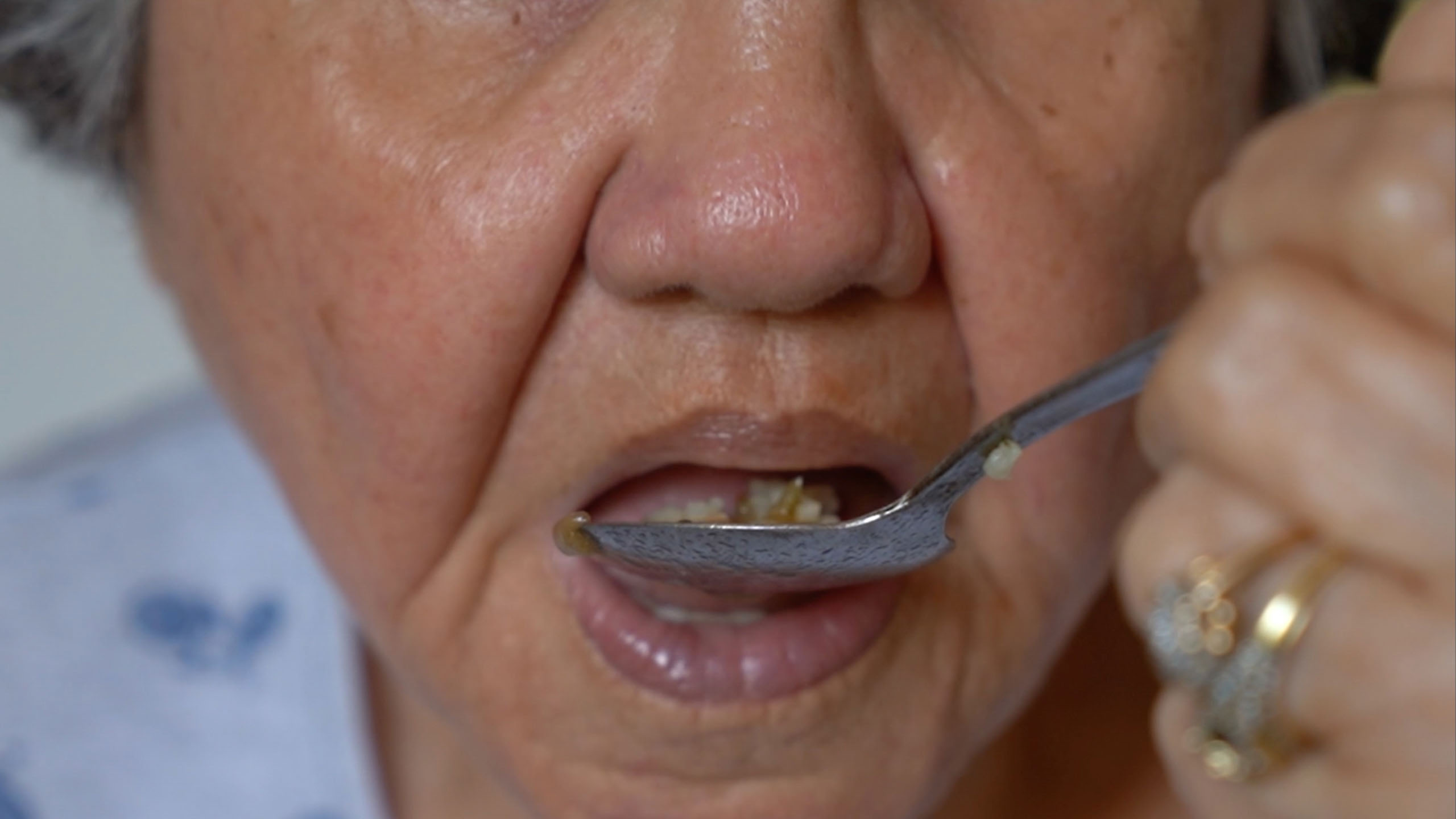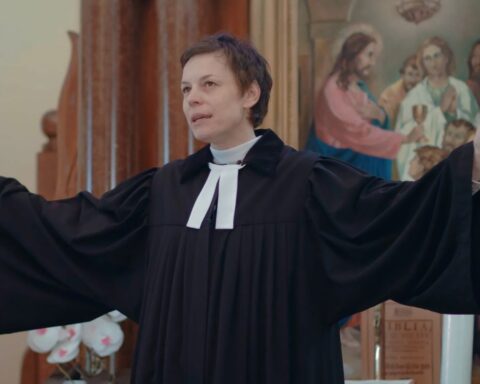It’s one thing to recognize that the minority you’re part of doesn’t have equal access to artistic opportunities. It’s another—and much better—thing to do something about it. Alison Duke and Ngardy Conteh George did just that when they teamed up to found OYA Media Group, a company committed to amplifying Black voices in film and developing new Black talent. OYA’s (pronounced “oh yeah!”) signature initiative is its Emerging Filmmakers program, which since 2018 has helped scores of young creators to learn the craft and pursue their vision, building a network of artists that is expanding the presence of Black people in the industry. “Oya is the name of an African goddess who controls the elements and brings about change,” explains Conteh George inside the OYA offices. “Sweeping changes can transform the landscape, and we thought that was what we were embodying and doing in this industry, whether people wanted it or not.”
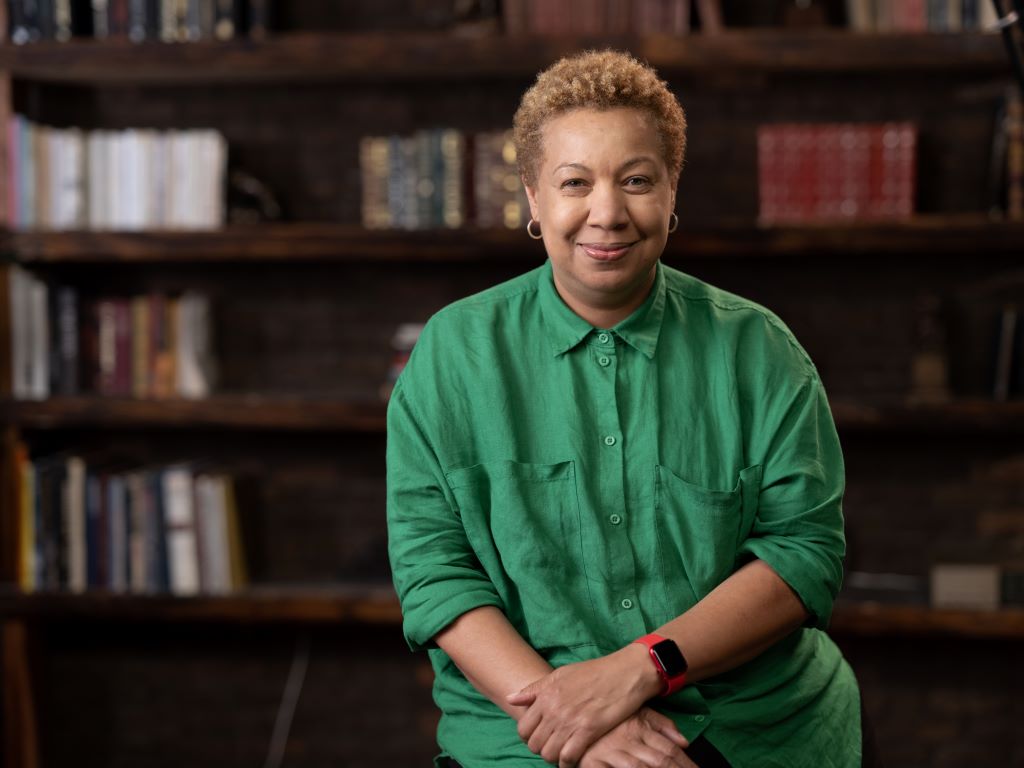
It was the data that called out to Duke when it came time for OYA to widen its focus beyond film production. “The data said Black and Indigenous youth have the highest unemployment and dropout rates,” she says. “Black youth, even when they graduate from a discipline, quit after five years because they can’t find employment. Five years after they graduate, they would no longer be following their dreams. When I read a report that the Ontario film industry was reaching the $2 billion-dollar mark, I thought, ‘Whoa—clearly there’s room in the industry for youth graduating from film and video programs.’”
When they got wind that the Ontario Black Youth Action Plan was calling upon for-profit companies to help correct the historical inequities faced by Black youth, Conteh George and Duke decided to do something. The results have been spectacular. In the five years of the Emerging Filmmakers program’s existence, OYA has mentored over 70 young Black filmmakers. By the end of year one, 91% of the cohort had found work. In year two, 79% found internships. By the end of the third year, 85% were employed in film-related jobs.
These two vibrant and charismatic women, both DOC members— Conteh George heads the Ontario chapter—obviously have a magic touch. Duke began in the mid ’90s as a director of music videos, then successfully pitched Raisin’ Kane: A Rapumentary (2001) to the National Film Board. Raisin’ Kane is about the struggle of her brother’s band “to navigate the Canadian music industry and to release an album in a climate where there was no Black radio. It was an immediate success,” Duke says with a sly grin. “It won the first prize at the 2001 Urbanworld Film Festival in New York and won the HBO documentary prize that same year.” Conteh George got her first break when she joined 149 filmmakers accepted into the NFB’s Momentum program, which offered a crash course on everything doc related. She was one of four selected to make a fully funded short, and created Soldiers for the Streets (2004), about young people in Toronto’s Keele and Eglinton area supporting others in the neighbourhood.
The connection between the two developed when Conteh George was making her first feature The Flying Stars (2014), about an amputee soccer team in Sierra Leone. When she reached out to people in the industry for feedback, Conteh George wanted to hear from Duke. “I came out of film school knowing Alison was a bad-ass video producer,” she says. “I thought that was cool, but music videos weren’t my thing. But then she made A Deathly Silence [a 2003 doc on gun violence] for the CBC Witness show, and so I reached out to her.”
That’s when she got another crash course on point of view and bias and, equally important, the value of mentorship. “Alison’s feedback was the most meaningful,” recalls Conteh George. “She understood the story, understood the nuances, and pointed out things we might have been ignorant of. We were looking at things from an outsider’s lens. I’m from Sierra Leone, but I was brought up in Canada and with a Eurocentric lens. She felt that needed to be addressed. And it helped.”
“The important thing is that Ngardy was really open to taking this already great film to another level.” says Duke of the encounter.
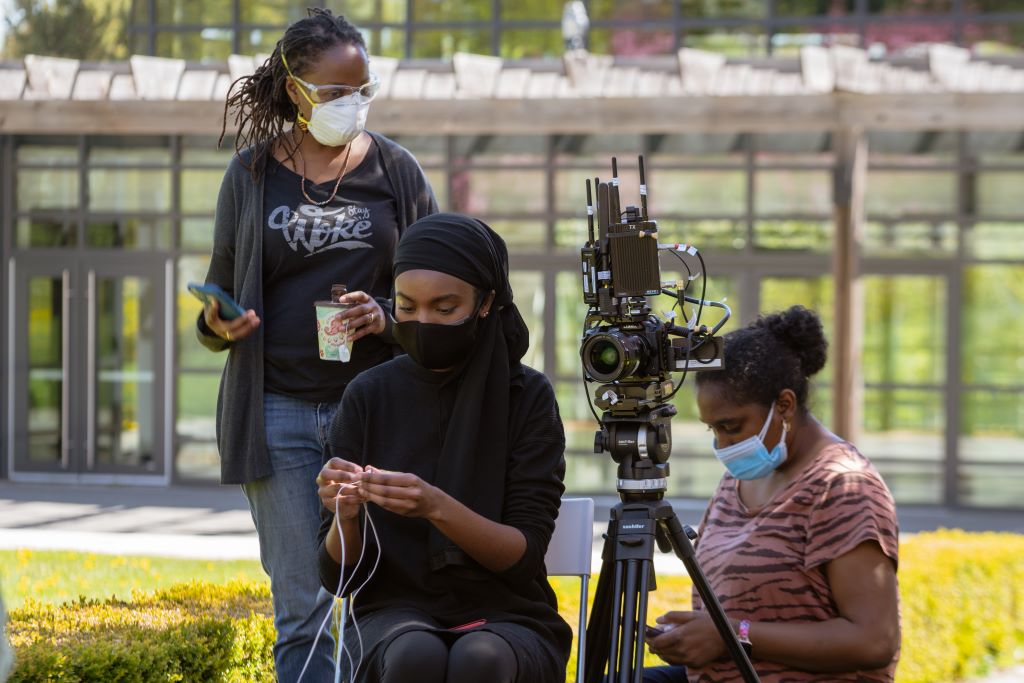
Their collaboration deepened when Duke was helming the Akua Benjamin Legacy Project, a series about Black activism honouring the TMU (then Ryerson) professor known for coining the term “anti-Black racism.” Duke approached Conteh George to direct the piece on the iconic Toronto activist Dudley Laws. “I admired Ngardy’s work ethic,” Alison recalls. “When people are new to making films, they often do the planned work and assume they’re finished. But Ngardy was the type who wanted to squeeze everything out of it.”
Through the Benjamin project and influenced by Ava DuVernay’s activism in bringing Black women creators together, Duke’s interest in making space for Black filmmakers working together intensified. She approached Conteh George to produce her next documentary Mr. Jane and Finch (2019). It was then that they realized that they needed to change their business structures. Maintaining separate film companies was no longer making sense. And OYA was born.
The duo could barely keep up with the company’s growth. Pre-pandemic, the Carlaw headquarters had five desks for staff, five desks for the youth, one edit suite, and one room for equipment. As their inventory multiplied, they knew they were running out of space. Ambitious film-development plans got them into more difficulty. “We had so much stuff in development before the pandemic,” Duke recalls. “Our business affairs person said, ‘What happens if everything gets greenlit?’ And we laughed, ‘That would never happen.’ And then everyone got greenlit.”
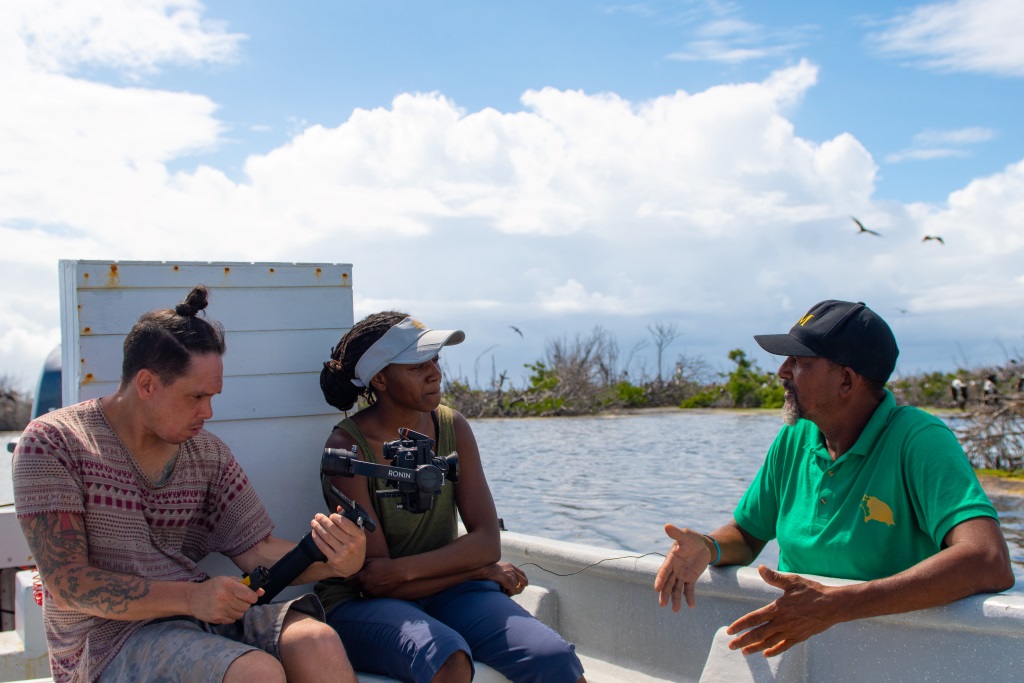
OYA grew their space to include a small studio, expanded storage space, and more offices where the team could pursue its vision. The rapid development success, the nearly 10 awards won by OYA-produced films, and the fact that Duke and Conteh George won a 2021 RBC Women of Influence Ones to Watch Award are all promising signs of significant change. But is it systematic change, the kind Conteh George says is slowly coming about via, for example, the Indigenous Screen Office that emerged out of the Truth and Reconciliation Commission? “There’s definitely change,” she allows. “A lot of funding [for Black work] has gone out for three-year cycles that are coming to an end now, so we’ll see if it’s lasting. We came here 400 years ago with the first Europeans and we came as enslaved people. There have been 400 years of Black oppression. If I’ve been here for 10 years, I’m getting that 400-year history in the way I’m treated in this country. Until that’s recognized by the government, there will not be systematic change.
“After 2020 and the murder of George Floyd, the racial reckoning that began to happen forced the world and our industry to look at what we valued and what stories have to be told. Our industry has some responsibility for the way people think because they haven’t been exposed to all perspectives. To have that empathy, to understand what I am going through on a daily basis, what people who look like me go through, you need our stories.”
And OYA is delivering them while their young creators are thriving. “We have young people come through our program who have won Canadian Screen Awards and are showing their shorts at TIFF at a very young age,” says Duke with pride. “People get excited when they see OYA on a resume because they know they’re going to get good talent. We’re building a pipeline in this industry of people ready to work.”
There have been doubters. Their colleagues wondered whether, if they put so much energy towards promoting Black youth, they’d be able to keep making films of their own. Duke says she and Conteh George are giving back to their community, but the youth they assist are giving right back to them: enormous energy, creative ideas, and fresh perspectives. What effect has that had on their own new work?
Duke’s eyes light up. “It’s getting better.”









